detail profile jean jacques zilbermann
Peran Yang Di Mainkan Jean-Jacques Zilbermann
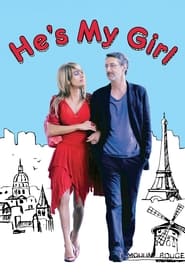 A clarinetist is trying to finish...
A clarinetist is trying to finish...He's My Girl 2009
A clarinetist is trying to finish his record when his wife and ten year old son reappear in his life. His 10-year-old son whom he has never seen, and Naim, a young Muslim transvestite who will change his life ...
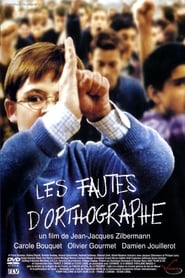 At a French boarding school for...
At a French boarding school for...Bad Spelling 2004
At a French boarding school for troubled youth in the early 1970's, the Headmaster and his wife decide that their son Daniel, who is fifteen years old but looks younger, should finally go live in the dorm with all the other students, as they do not want it to seem Daniel is receiving any special treatment. Daniel is now faced with the challenge of earning the trust and respect of the other students, who all come from troubled backgrounds.
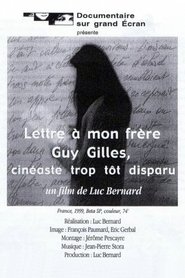 Posthumous tribute paid by actor Luc...
Posthumous tribute paid by actor Luc...Letter to my brother Guy Gilles, filmmaker who passed away too soon 1999
Posthumous tribute paid by actor Luc Bernard to his older brother, director Guy Gilles ( 1938 - 1996 ). Documentary composed of interviews with some of his brother's friends and some actors from his main films, excerpts of which we see.
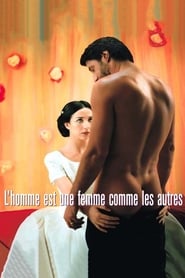 Simon Eskenazy is a gay Parisian...
Simon Eskenazy is a gay Parisian...Man Is a Woman 1998
Simon Eskenazy is a gay Parisian clarinet player who lives his single life to the fullest. One day, he receives a very tempting offer from his homophobic uncle, looking to continue the family legacy – if he gets married and has a child, he will receive ten million francs and inherit his uncle's luxurious mansion. After meeting Rosalie Baumann at his cousin David's wedding, and with some convincing on his mother's part, Simon sees an opportunity to fulfill his uncle's wishes and the pair go ahead and get married, but not before traveling to New York to meet Rosalie's Orthodox Jewish family. As Simon tries to develop real feelings for Rosalie, he struggles with his feelings for his newlywed cousin David.
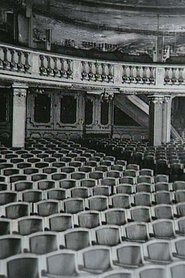 From the first paying public screening...
From the first paying public screening...Du Salon indien au multiplexe 1995
From the first paying public screening on December 28, 1895, at the Grand Café in Paris, to the present day, this film tells the story of movie theaters over a century of existence. Accompanied by a commentary, a skilful montage of archive footage, some of it previously unseen, traces this evolution - from the golden age of the Gaumont-Palace and the Grand-Rex to the era of multi-screen complexes - illuminated by memories and testimonials from exhibitors, architects and cinema professionals.
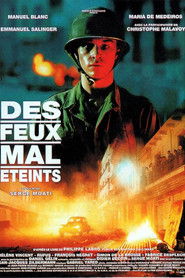 A French army journalist bears witness...
A French army journalist bears witness...Poorly Extinguished Fires 1994
A French army journalist bears witness to the atrocities of the Algerian war in 1962 in this gripping French war movie. It is based on the 1967 novel by Philippe Labro. The film begins in Paris as Jerome Carier, ready to embark to Algiers, is beaten and questioned about the politically sensitive photographs he has. The photos were sent to him by Francois, a friend stationed in Algiers. Francoise is trying to get the French and the Algerians to reconcile. Jerome arrives in the war-torn country and finds himself faced with unbelievable carnage. The French are behind most of it. Because he took the pictures, Francois life is in jeopardy. He is murdered and Jerome finds himself attracted to his girl friend, a radio station announcer. The film contains graphic pictures of the slaughter.
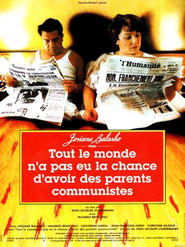 This bright domestic drama captures a...
This bright domestic drama captures a...Not Everybody's Lucky Enough to Have Communist Parents 1993
This bright domestic drama captures a moment in time when, for a large number of idealistic and grateful French men and women, the promise of Russian communism was bright, and everything Russian was a source of joy and amazement. In the story, Irene was rescued from Auschwitz by soldiers from the U.S.S.R., and since that time she has enthusiatically considered Russia to be the source of hope in the world. Her more pragmatic husband has, by 1958, grown somewhat weary of her enthusiasm, which has led her to decorate their apartment with anything Russian she can get her hands on. Matters come to a head when she is befriended by three members of the Red Army Choir during their tour of Paris.

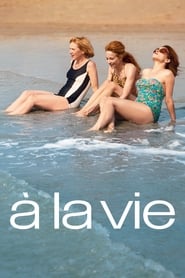 Helen Rose and Lili have survived...
Helen Rose and Lili have survived...